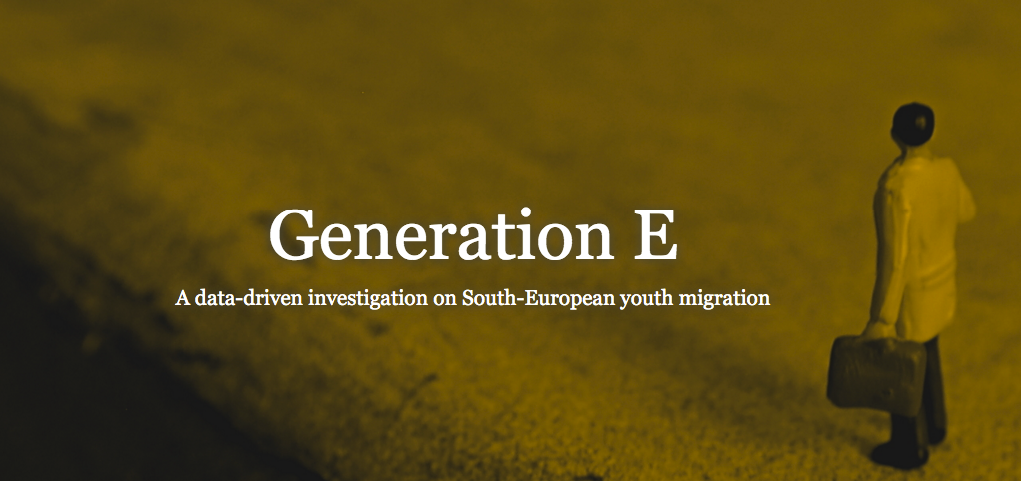Data-driven journalism guidelines
Jacopo Ottaviani
@JacopoOttaviani
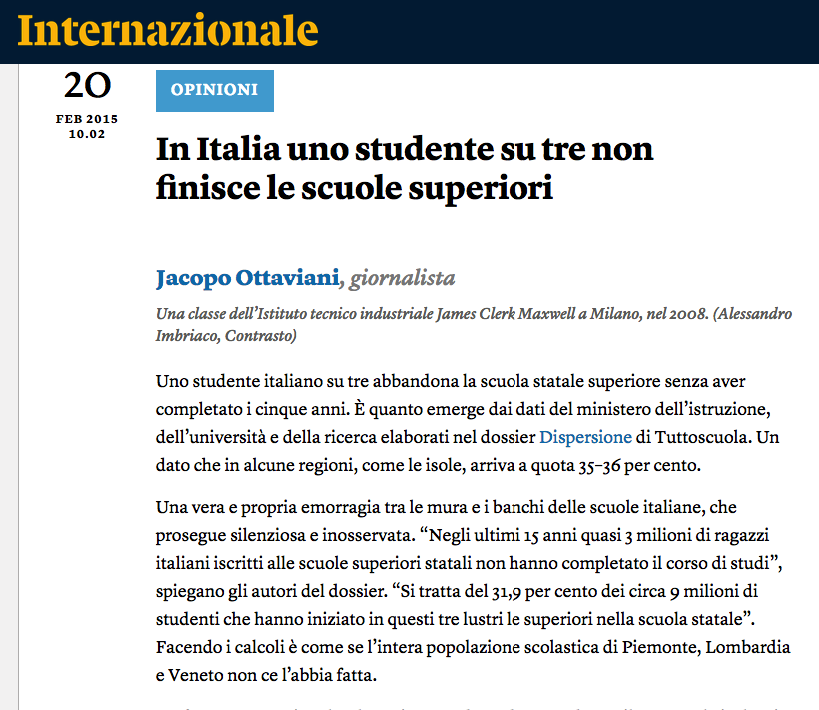
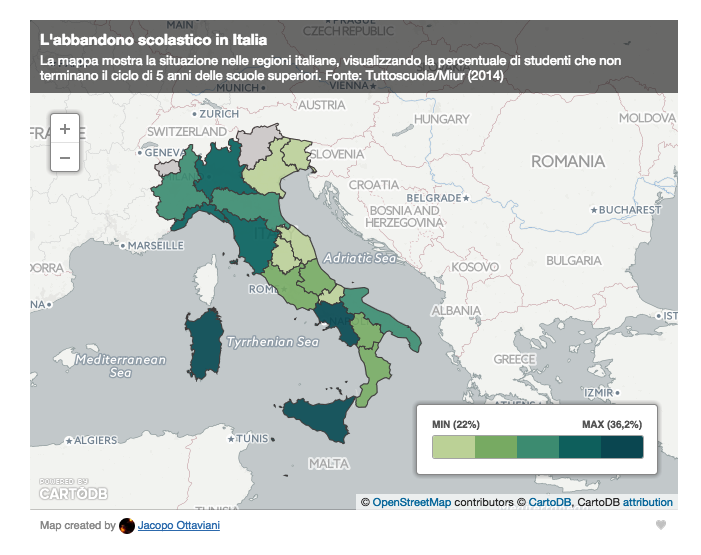
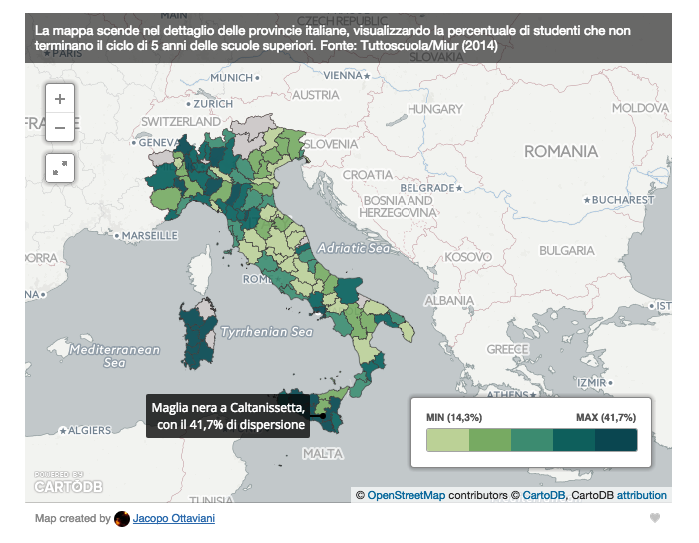
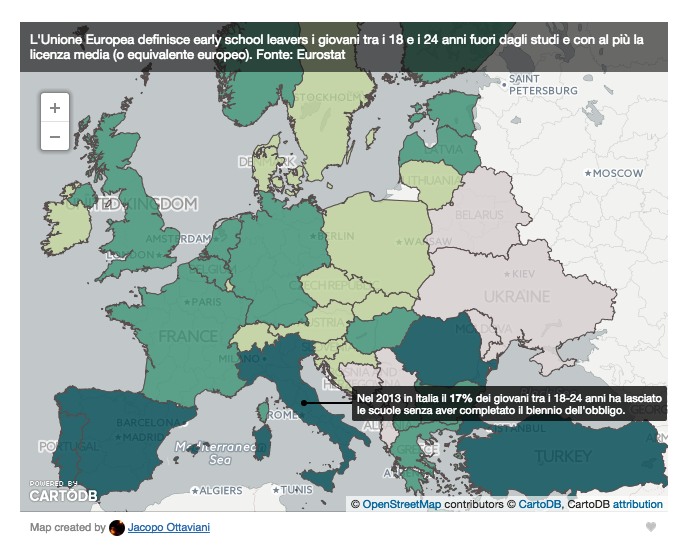

www.aljazeera.com/ewasterepublic
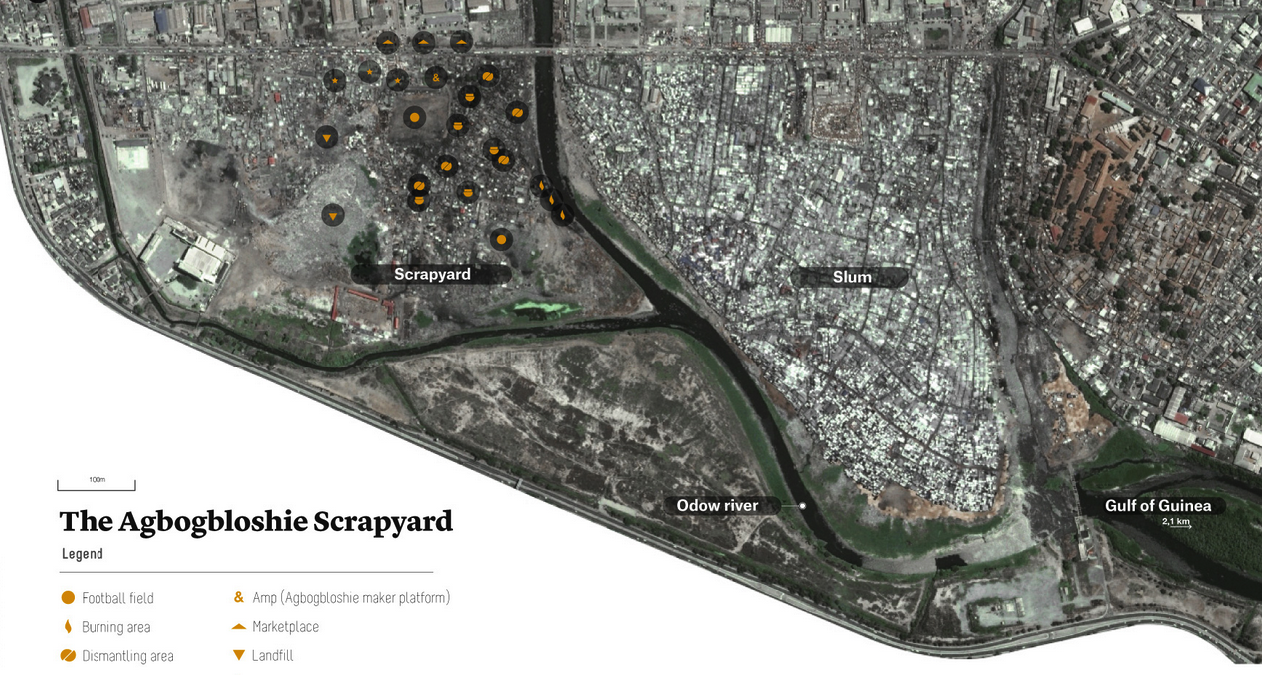
Guidelines
To tell data stories and live peacefully
1. Truth
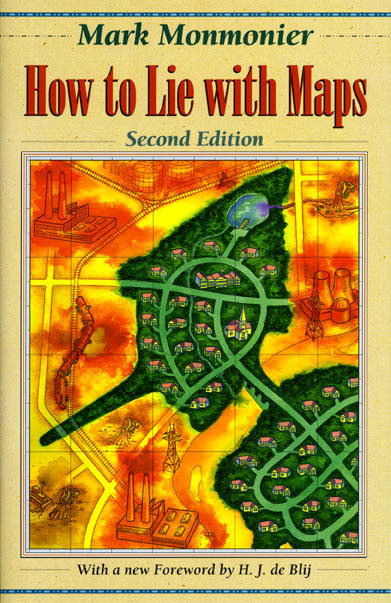
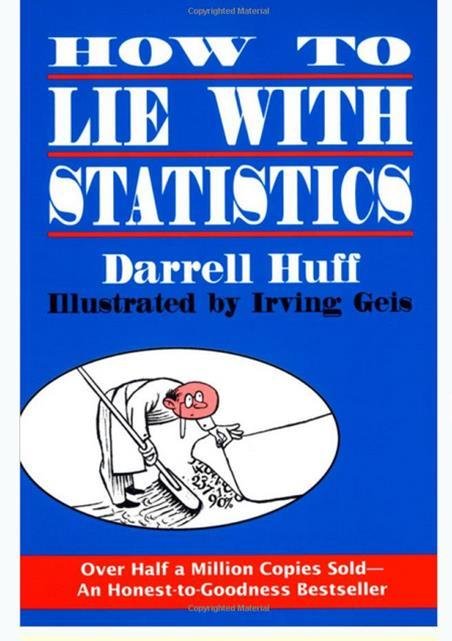
Data can be used to approach the truth (supposing it exists),
but a lot depends on how it's used and visualised
"Every map is a lie."
2. Completeness
Watch out for cherry-picking: always represent phenomena in their entirety and complexity

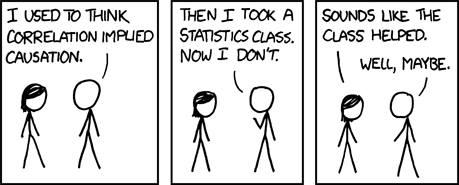
Correlation vs. causation
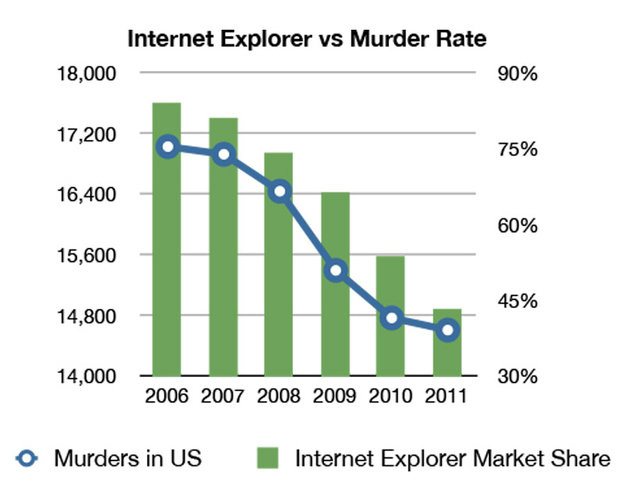
Correlation does not imply causation
- Methodology should be open
- Transparency is a duty and a right
- Sources should be linked
- Beware of privacy when publishing new data
3. Transparency
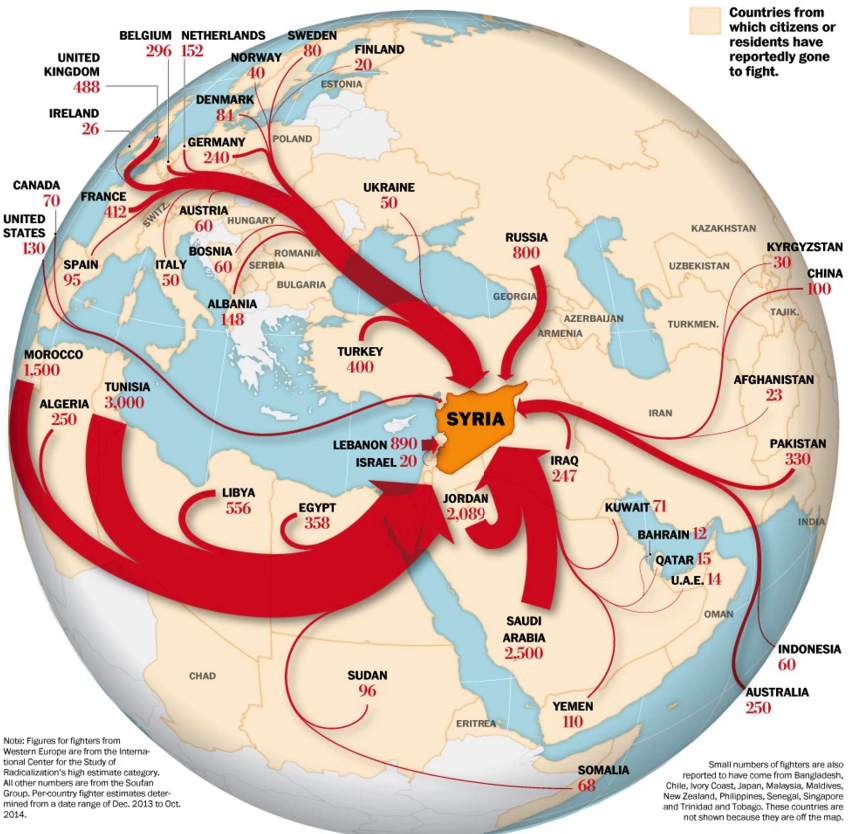
4. Accuracy
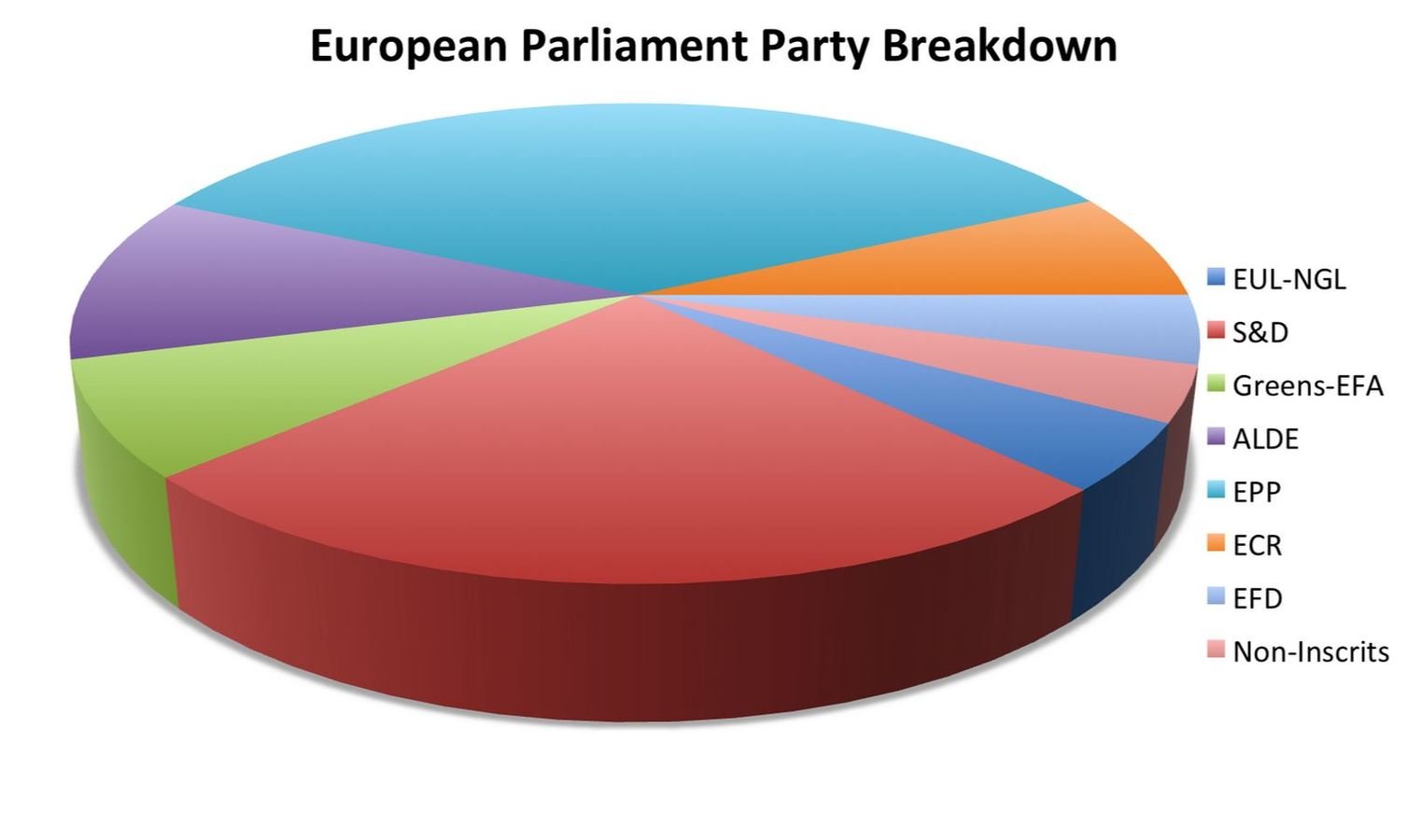

Information design
Content


Fox News
Truth
Which very often is a matter of honesty
The Unbearable Lightness of Y axis
http://www.vox.com/2015/11/19/9758062/y-axis-zero-chart
5. Lucidity
"One of the biggest enemies to data reporting is speed."
Knight Lab, Northwestern University
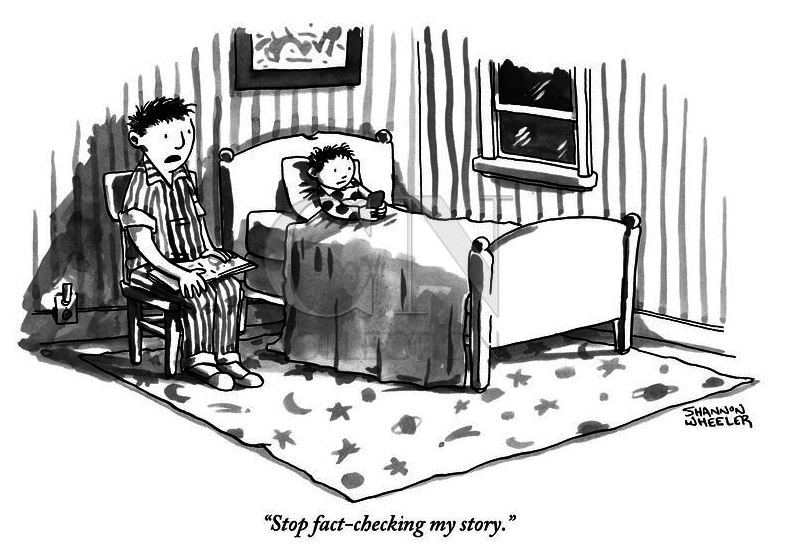
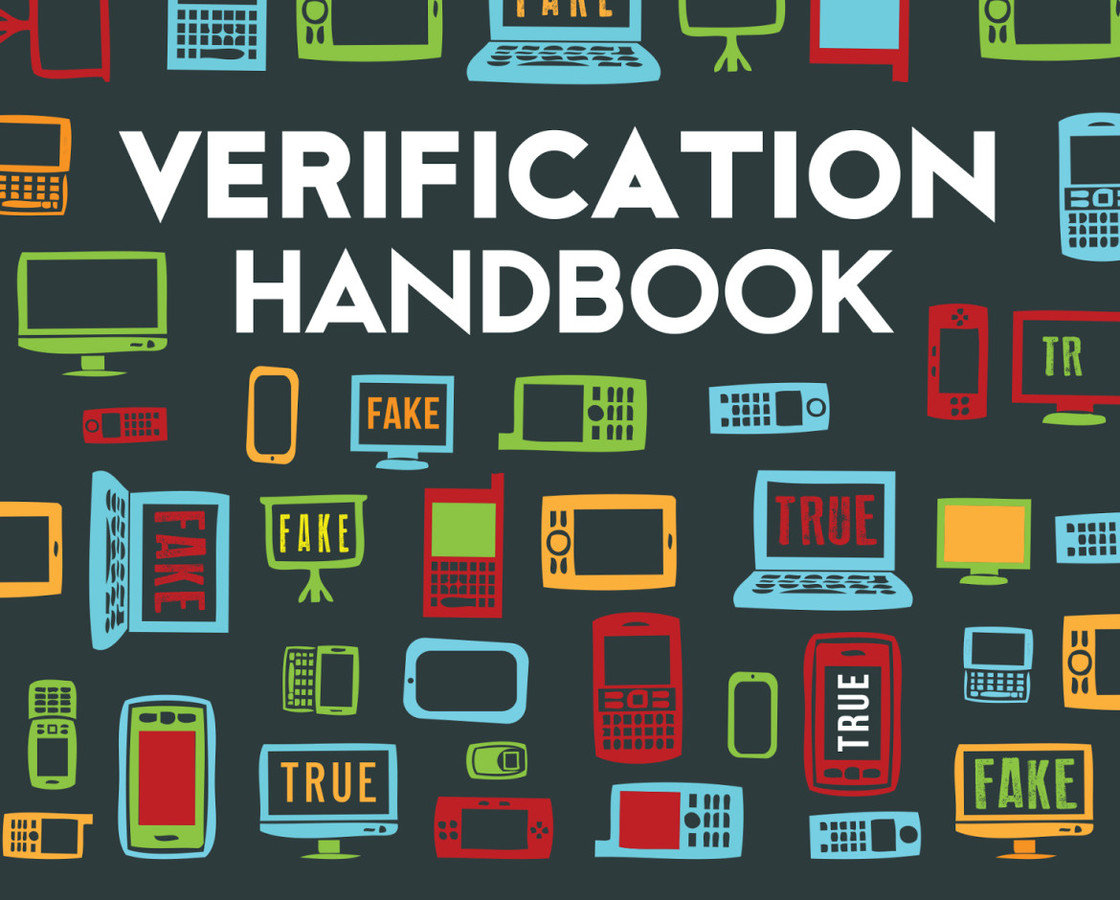
http://verificationhandbook.com
6. Humanity

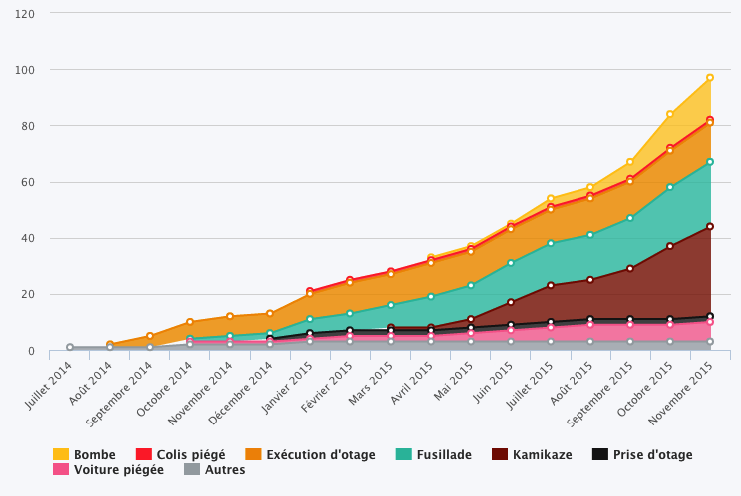
Behind rows and columns, data and statistics,
there are human stories
Numbers are a means of storytelling, not the story itself.
Columbia Journalism Review
Work in team, like scientists
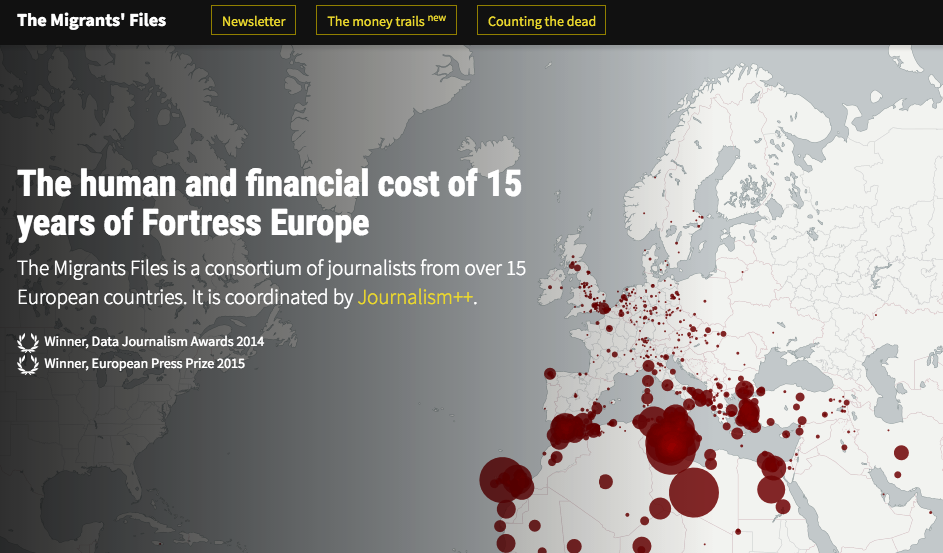
themigrantsfiles.com
Collect new data, but be transparent
www.generatione.eu
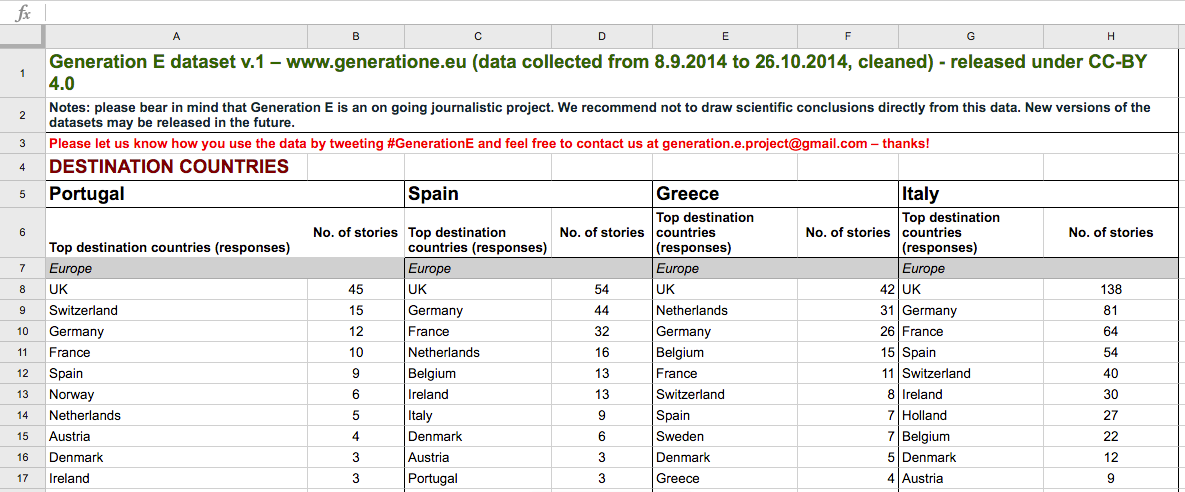
Thanks!
@JacopoOttaviani

DDJ Guidelines
By jottaviani
DDJ Guidelines
- 900


